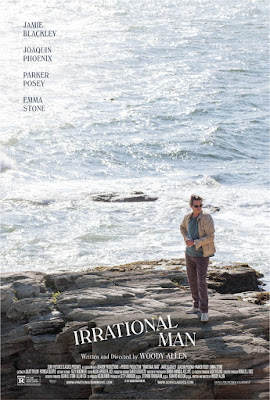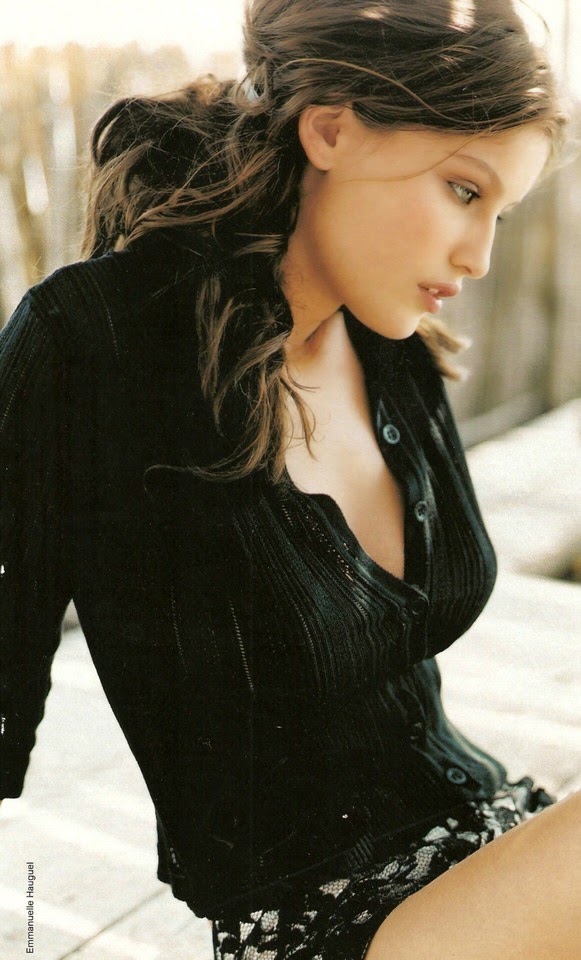Big Eyes
http://www.imdb.com/title/tt1126590/
http://bigeyesfilm.com/
Tim Burton's 'Big Eyes' paints a beautiful picture.
As is appropriate considering the story of what amounts to fraud in the artistic community, Big Eyes paints a deceptively simple picture that masks some genuine profundities. The story concerns the strange tale of Margaret Keane (Amy Adams) who (and this is basically first-act spoiler territory) painted a series of best-selling paintings but only after her husband (Christoph Waltz) insisted that he take credit for the work. That’s basically the story in a nutshell, but it’s a surprisingly compelling one that wrings its seemingly low-stakes drama for maximum emotional impact. Thanks to a superb star turn by Amy Adams and a strong character performance by Christoph Waltz (who, aside from his Tarantino adventures, has never been better) that reveals utter cruelty disguised as over-the-top comedy, Big Eyes is a relentlessly engaging motion picture.
"Big Eyes" is a strangely conventional entry in Tim Burton's filmography. The story itself is fascinating, though, which helps, and Amy Adams' quiet meticulous performance as Margaret Keane is a beautiful and emotional piece of work.
"Big Eyes" is full of fascinating questions about the meaning of art, the concept of popularity, and what it means to develop a huge audience. Back to Warhol: whether or not something is seen as "good" by an expert is irrelevant if so many people like it. The cultural gatekeepers will always be apoplectic in such a situation. "Big Eyes" is not a major film from Tim Burton, and it has some tonal issues, but one can see why he was drawn to such material. In a way, it's a very personal film.
Waltz hams it up in high style, though a little more restraint would have
made Margaret seem less a dupe for falling for a man whose only artistry is the
con. It's Adams who restores our rooting interest by showing us the steel even
in Margaret's reserve. It's a performance of haunting transparency.
It's clear that Burton sympathizes, minus irony, with Margaret's fervent
belief in what one critic calls "the big, stale jellybeans" she puts on canvas.
A recent showing of Burton's artwork at New York's Museum of Modern Art
attracted long lines and critical brickbats. Maybe that's why Big Eyes,
for all its tonal shifts and erratic pacing, seems like Burton's most personal
and heartfelt film in years, a tribute to the yearning that drives even the most
marginalized artist to self expression no matter what the hell anyone thinks.
Walter died in 2000, with no creative output.
Margaret, 87, still paints every
day.
Burton gives her the sweetest reward in Big Eyes: the last laugh.
































